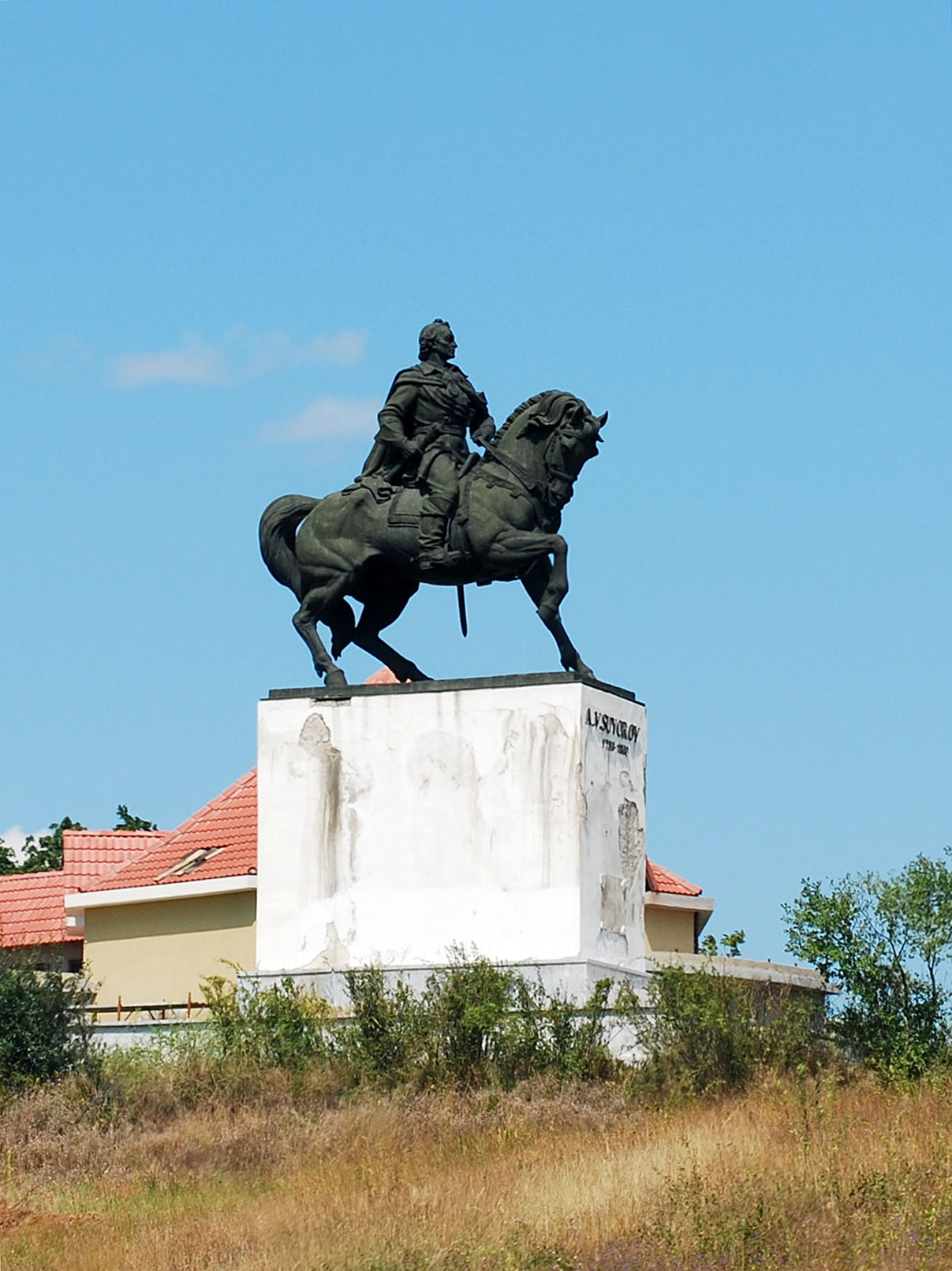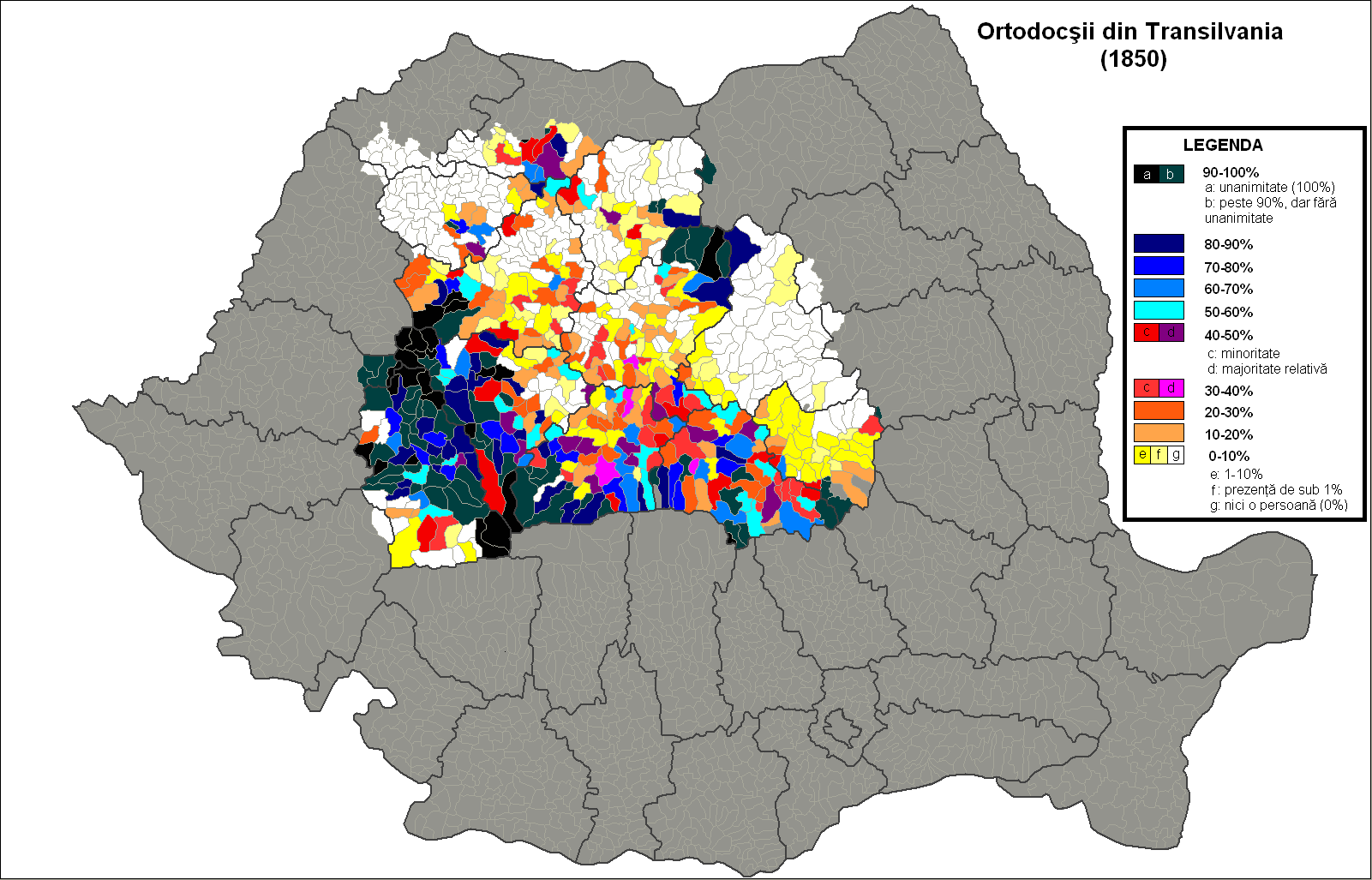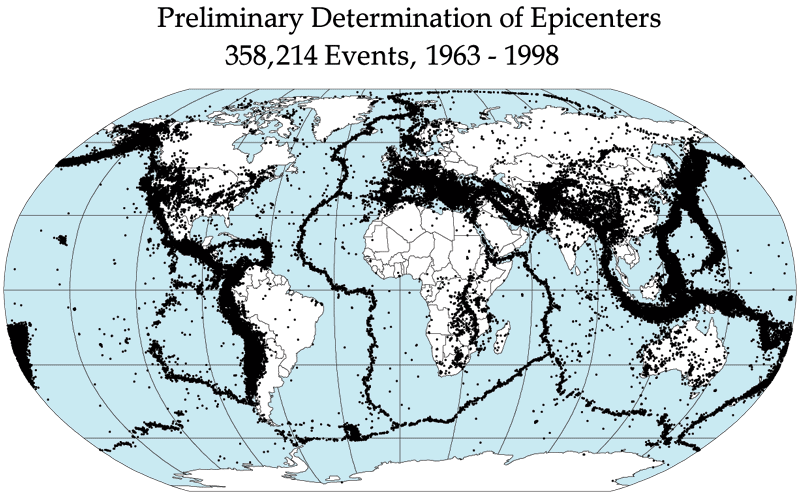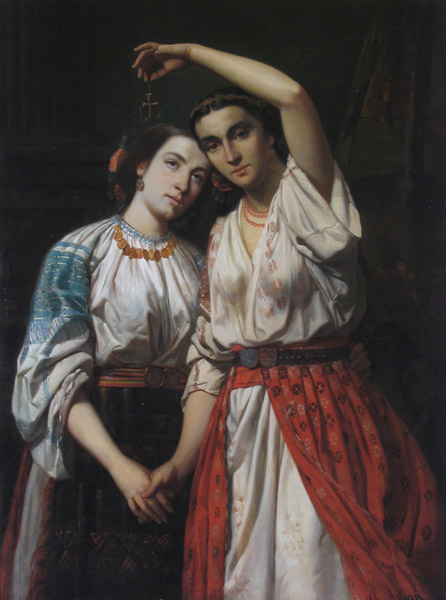|
Nereju
Nereju is a commune located in Vrancea County, Romania. It is composed of five villages: Brădăcești, Chiricani (or ''Chiricari''), Nereju, Nereju Mic, and Sahastru. Nereju, Nereju Mic, and Brădăcești lie along the Zăbala River, while Chiricani and Sahastru are situated on the surrounding hills and valleys. History 2020 Earthquake On January 31, 2020, a magnitude 4.8 earthquake struck 5 kilometers WNW of the town. The official time of the earthquake was 01:26:47 (UTC). Economy Main economic activities are in the wood industry (the surrounding hills are rich in coniferous forests), mountainous ecological agriculture, mountainous tourism, folk arts and traditions. Tourism Main touristic sights are: *Lacul Negru – a natural lake, with an area of , depth , and situated at an altitude of *Mountainous areas Dealul Negru (Black Hill) and Lapoș, at an altitude of *Căldările Zăbalei (Zăbala's Buckets) – a protected area, along the Zăbala River's course '' ... [...More Info...] [...Related Items...] OR: [Wikipedia] [Google] [Baidu] |
Vrancea County
Vrancea () is a county (județ) in Romania, with its seat at Focșani. It is mostly in the historical region of Moldavia but the southern part, below the Milcov (Siret), Milcov River, is in Muntenia. Demographics At the 2021 Romanian census, 2021 census, the county had a population of 335,312 and a population density of . * Romanians – over 98% * Romani people in Romania, Romani, Minorities of Romania, others – 2%. Geography Vrancea County covers an area of . A curvedly shaped mountainous area, known in Romanian as the ''Sub Carpathians, Carpații de Curbură'', lies in the western part of the county, at the Southern end of the Eastern Carpathians, with heights over . To the East, the heights decrease into hilly areas and the lower valley of the Siret (river), Siret River. The main tributary of the Siret, which crosses the county, is the Putna (Siret), Putna River. A right tributary of the Putna is the Milcov (Siret), Milcov, a river that divides Moldavia from Munteni ... [...More Info...] [...Related Items...] OR: [Wikipedia] [Google] [Baidu] |
Ion Macovei
Ion Macovei (August 25, 1885–October 12, 1950) was a Romanian engineer who briefly served in government in 1940. Born in Nereju, Vrancea County, he attended a polytechnic institute in Germany and became an engineer. "Victimele terorii comuniste. Arestați, torturați, întemnițați, uciși. Dicționar M"/ref> Hired by the state railway carrier ''Căile Ferate Române'' in 1911, he rose through the ranks from maintenance work at Adjud and Bârlad to inspector at Galați in 1919 to deputy department head (1931) and department head (1932), before becoming deputy general director in 1935 and general director in 1936.Corneliu Olaru, ''Un secol de economie românească (1848–1947): oamenii și opera'', p. 163. Bucharest: Editura Newa T.E.D., 2001. On June 1, 1940, he entered the cabinet of Gheorghe Tătărescu as Minister of Public Works and Communications. He replaced Ion Gigurtu, who in turn replaced Grigore Gafencu as Foreign Minister. The latter had resigned in pr ... [...More Info...] [...Related Items...] OR: [Wikipedia] [Google] [Baidu] |
Romanian Orthodox Church
The Romanian Orthodox Church (ROC; , ), or Romanian Patriarchate, is an autocephalous Eastern Orthodox church in full communion with other Eastern Orthodox Christian denomination, Christian churches, and one of the nine patriarchates in the Eastern Orthodox Church organization, Eastern Orthodox Church. Since 1925, the church's Primate (bishop), Primate has borne the title of Patriarch. Its jurisdiction covers the territories of Romania and Moldova, with additional dioceses for Romanians living in nearby Ukraine, Serbia and Hungary, as well as for diaspora communities in Central Europe, Central and Western Europe, North America and Oceania. It is the only autocephalous church within Eastern Orthodoxy to have a Romance languages, Romance language for liturgical use. The majority of Romania's population (16,367,267, or 85.9% of those for whom data were available, according to the 2011 census data), as well as some 720,000 Moldovans, belong to the Romanian Orthodox Church. Members o ... [...More Info...] [...Related Items...] OR: [Wikipedia] [Google] [Baidu] |
Commune In Romania
A commune (''comună'' in Romanian language, Romanian) is the lowest level of administrative subdivision in Romania. There are 2,686 communes in Romania. The commune is the rural subdivision of a Counties of Romania, county. Urban areas, such as towns and cities within a county, are given the status of ''Cities in Romania, city'' or ''Municipality in Romania, municipality''. In principle, a commune can contain any size population, but in practice, when a commune becomes relatively urbanised and exceeds approximately 10,000 residents, it is usually granted city status. Although cities are on the same administrative level as communes, their local governments are structured in a way that gives them more power. Some urban or semi-urban areas of fewer than 10,000 inhabitants have also been given city status. Each commune is administered by a mayor (''primar'' in Romanian). A commune is made up of one or more villages which do not themselves have an administrative function. Communes ... [...More Info...] [...Related Items...] OR: [Wikipedia] [Google] [Baidu] |
Romania
Romania is a country located at the crossroads of Central Europe, Central, Eastern Europe, Eastern and Southeast Europe. It borders Ukraine to the north and east, Hungary to the west, Serbia to the southwest, Bulgaria to the south, Moldova to the east, and the Black Sea to the southeast. It has a mainly continental climate, and an area of with a population of 19 million people. Romania is the List of European countries by area, twelfth-largest country in Europe and the List of European Union member states by population, sixth-most populous member state of the European Union. Europe's second-longest river, the Danube, empties into the Danube Delta in the southeast of the country. The Carpathian Mountains cross Romania from the north to the southwest and include Moldoveanu Peak, at an altitude of . Bucharest is the country's Bucharest metropolitan area, largest urban area and Economy of Romania, financial centre. Other major urban centers, urban areas include Cluj-Napoca, Timiș ... [...More Info...] [...Related Items...] OR: [Wikipedia] [Google] [Baidu] |
Zăbala River (Putna)
Zăbala (, ; ) is a commune in Covasna County, Romania. It lies in the Székely Land, an ethno-cultural region in eastern Transylvania. The commune comprises 4 villages: Peteni (''Székelypetőfalva''), Surcea (''Szörcse''), Tamașfalău (''Székelytamásfalva''), and Zăbala. Geography The commune is located in the eastern part of the county, on the border with Vrancea County. It lies on the banks of Râul Negru and its tributaries, the rivers Zăbala and Mărcușa. Zăbala is crossed by county road DJ121, which connects it to Covasna, to the south, and Târgu Secuiesc, to the north. The county seat, Sfântu Gheorghe, is to the west. Demographics The commune has a Székely Hungarian majority. At the 2002 census, it had a population of 4,814, of which 76.55% were Hungarians and 18.82% Romanians. At the 2011 census, there were 4,597 inhabitants; of those, 68.87% were Hungarians, 19.27% Romanians, and 9.03% Roma. At the 2021 census, Zăbala had a population of 4,332, o ... [...More Info...] [...Related Items...] OR: [Wikipedia] [Google] [Baidu] |
Earthquake
An earthquakealso called a quake, tremor, or tembloris the shaking of the Earth's surface resulting from a sudden release of energy in the lithosphere that creates seismic waves. Earthquakes can range in intensity, from those so weak they cannot be felt, to those violent enough to propel objects and people into the air, damage critical infrastructure, and wreak destruction across entire cities. The seismic activity of an area is the frequency, type, and size of earthquakes experienced over a particular time. The seismicity at a particular location in the Earth is the average rate of seismic energy release per unit volume. In its most general sense, the word ''earthquake'' is used to describe any seismic event that generates seismic waves. Earthquakes can occur naturally or be induced by human activities, such as mining, fracking, and nuclear weapons testing. The initial point of rupture is called the hypocenter or focus, while the ground level directly above it is the ... [...More Info...] [...Related Items...] OR: [Wikipedia] [Google] [Baidu] |
Focșani
Focșani (; ) is the capital city of Vrancea County in Romania on the banks the river Milcov, in the historical region of Moldavia. , it has a population of 66,719. Geography Focșani lies at the foot of the Curvature Carpathians, at a point of convergence for tectonic geologic faults, which raises the risk of earthquakes in the vicinity. Though Vrancea County is one of the most popular wine-producing regions in Romania, Odobești being just to the northwest, in Romania, Focșani itself is not considered a wine-producing center. The wine sold as ''Weisse von Fokshan'' in Germany and some other European countries is generally a ''Fetească Albă de Odobești'' wine, and practically a second-rated wine which does not comply to the European Union rules of naming the regions of origin of wines. The vicinity is rich in minerals such as iron, copper, coal, and petroleum. The city administers two villages, Mândrești-Moldova and Mândrești-Munteni. Focșani lies within the strate ... [...More Info...] [...Related Items...] OR: [Wikipedia] [Google] [Baidu] |
Communes In Vrancea County
A commune is an alternative term for an intentional community. Commune or comună or comune or other derivations may also refer to: Administrative-territorial entities * Commune (administrative division), a municipality or township ** Communes of Algeria ** Communes of Angola ** Communes of Belgium ** Communes of Benin ** Communes of Burundi ** Communes of Chile ** Communes of the Democratic Republic of the Congo ** Communes of France ** Communes of Italy, called ''comune'' ** Communes of Luxembourg ** Communes of Moldova, called ''comună'' ** Communes of Niger ** Communes of Romania, called ''comună'' ** Communes of Switzerland ** Commune-level subdivisions (Vietnam) *** Commune (Vietnam) *** Commune-level town (Vietnam) ** People's commune, highest of three administrative levels in rural China, 1958 to 1983 Government and military/defense * Agricultural commune, intentional community based on agricultural labor * Commune (rebellion), a synonym for uprising or revolutiona ... [...More Info...] [...Related Items...] OR: [Wikipedia] [Google] [Baidu] |





